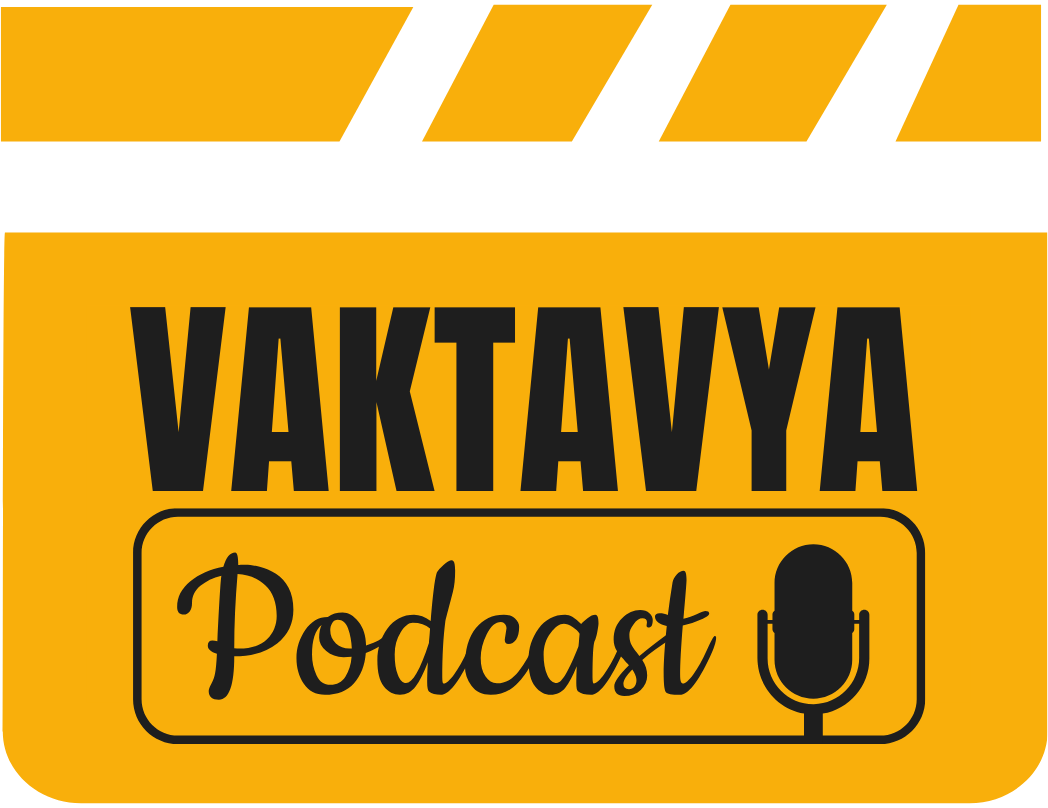There are many advantages to this change in election process. However, it will be impactful only if it resonates with the Honorable PM’s view of reaching the last mile. When we talk about the last mile, it is the people living in villages far and wide, those who receive the rays of development and progress last. The true benefits of this change in election process can be actualised only if it benefits the panchayats (local self-governance bodies). Although, numerous benefits of this change are being discussed on several forums of news agencies. To enumerate some of the advantages, including but not limited to: cost savings in public funds, expeditious progress in development initiatives, decreased disruptions arising from elections, enhanced utilization of public resources for the welfare of the populace, a well-organized and disciplined nation, and the fostering of a sense of national unity throughout the entire country. All these benefits are indeed possible, but there is less discussion about one of the biggest drawbacks of this process.
“One Nation, One Election” , if passed, will be a big blow to our democracy, which is the soul of our country. While arguments supporting its advantages are being thoroughly examined, there is a clear consensus that “One Nation, One Election” will have a detrimental impact on democracy. We can understand this by getting into a few details. Generally, Lok Sabha elections are held on time after every five years. Seldom, midterm elections have been conducted when the government failed to show majority in the Parliament. Barring such few occasions, the government has completed its term at all other times. From the state government perspective, “One Nation, One Election” can cause great damage to the governments. If the elected state government falls then in such a situation the government cannot be formed again, and the power will naturally go into the hands of the center, which will be detrimental to the federal democratic structure of our country. In the end, this ultimately poses a threat to the nation’s democracy. The Indian Constitution clearly states in explicit terms that India is a federation of states. It means that India is a federal democracy. “One Nation, One Election” will weaken the federal democratic structure of the country and can pose a threat to the unity and integrity of the nation.
As the One Nation, One Election holds a lot of merits, there should be some solution that should be devised to circumvent the ill effects that it can bring. One such solution that should be implemented before passing the bill is discussed here. The Indian Constitution includes many subjects in the Union List. In addition to these, 61 subjects have been provided to the states. There are a total of 52 subjects that are included in the Concurrent List. After the passage of the Panchayati Raj Act and the 73rd Amendment to the Constitution, states were given 29 subjects for Panchayats. Every state has assigned these 29 subjects to the Panchayati Raj Institutions in their respective states. However, the administration of these subjects is generally carried out by the state governments. As a result, local bodies, the Panchayati institutions, have not been able to function independently to date.
If “One Nation, One Election” is implemented, it will weaken the power of the states, and the 29 subjects assigned to Panchayats will somehow come under the control of the central government. Therefore, the allocation of the 29 subjects, which have been provided to Panchayats in a constitutional manner, should first be handed to the Panchayats completely. For this, the central government will have to take the initiative. The way the government has provided 61 subjects to the states, it should also honestly allocate the 29 subjects directly to the Panchayats. In reality, the state governments should have no work other than police, law and order. All the work of development should be with the Panchayati Raj Institutions in a constitutional manner. This is long pending due to the unwarranted interference of the state government and thus the process of development is withheld by the state government. If the work of development is truly with the Panchayats that are elected by the people, then there will be true democracy established in the country.
To summarize, if the ruling central government under the leadership of Shri. Narendra Modi, wants to pass the “One Nation, One Election” bill, it should empower the Panchayats beforehand. The implementation of this bill could potentially jeopardize democracy and the federal structure. Simultaneously, if local issues and tasks connected to the public are no longer under the jurisdiction of regional governments, due to the imposition of presidential rule, it could harm democracy as well. It is imperative to ensure a balanced approach and empower local governance systems before contemplating such a significant change.
